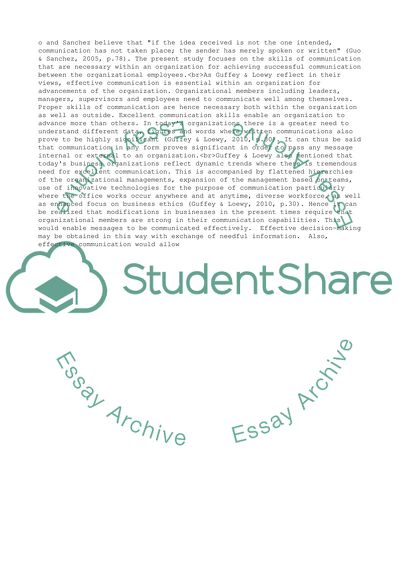Cite this document
(“The value of communication skills in the workplace Research Paper”, n.d.)
Retrieved from https://studentshare.org/business/1606417-the-value-of-communication-skills-in-the-workplace
Retrieved from https://studentshare.org/business/1606417-the-value-of-communication-skills-in-the-workplace
(The Value of Communication Skills in the Workplace Research Paper)
https://studentshare.org/business/1606417-the-value-of-communication-skills-in-the-workplace.
https://studentshare.org/business/1606417-the-value-of-communication-skills-in-the-workplace.
“The Value of Communication Skills in the Workplace Research Paper”, n.d. https://studentshare.org/business/1606417-the-value-of-communication-skills-in-the-workplace.


